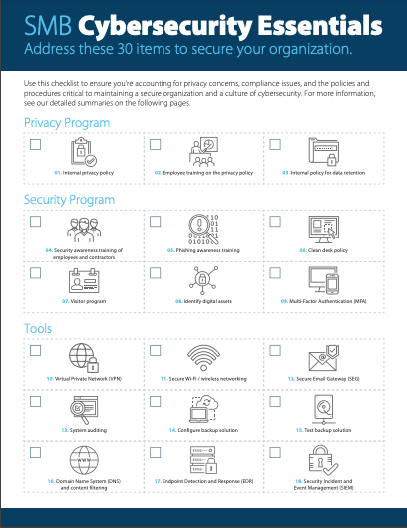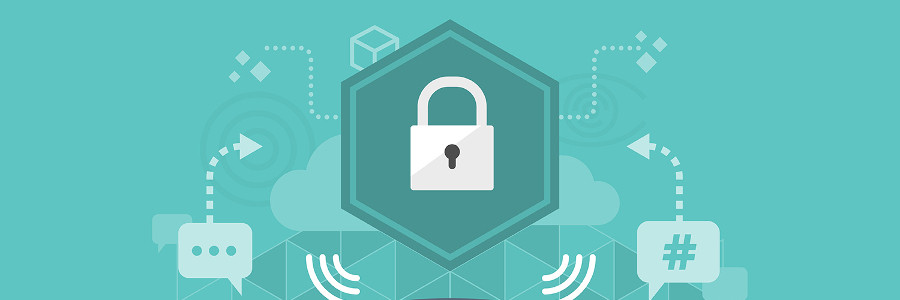Being tricked into visiting malicious websites and getting your computer infected with malware is not the only way your business data can get compromised. By browsing the net without using security measures, your computers and data could get into trouble. FYI: your web browser knows a lot about the sites you visit, including the credentials you use to access financial and business accounts. Secure your browsers and your data by following these steps.
Install ad blocking software
Online ads may seem harmless, but they can contain scripts and widgets that send your data to a third party. A decent ad blocking program will stop banner, rollover, and pop-up ads, and prevent you from inadvertently visiting a site that may contain malware.Many blockers also come with additional features such as the ability to disable cookies and scripts used by third parties on sites, the option to block specific items, and options to “clean up” Facebook and hide YouTube comments.
Prevent browser tracking
If you don’t like the idea of a third party (reputable or otherwise) tracking your browsing habits, enable private browsing using built-in tools in your internet browser such as Chrome’s Incognito mode or Safari’s Private Browsing windows. This offers protection against tracking by blocking third-party cookies as well as malware. Some browser extensions also boast secure Wi-Fi and bandwidth optimization, and can guard against tracking and data collection from social networking sites such as Twitter and Facebook.Set up a virtual private network (VPN)
Unfortunately, browser tracking and adware are not the only internet nasties that you need to be concerned about. Hackers can intercept sensitive data between two parties, allowing them to steal and exploit valuable information such as bank details, login credentials, and other personal information. Installing a VPN can help solve this problem. VPNs encrypt your internet traffic, effectively shutting out anyone who may be trying to see what you’re browsing.Install antivirus and anti-malware software
Finally, it goes without saying that having antivirus and anti-malware software installed on your PC, tablet, and smartphone is crucial if you want to ensure your online safety. These software programs are your first defense against malicious parties intent on stealing your data.Is browsing at your workplace secure? Would you like a more comprehensive security system for your business? We can tell you all about it and help protect your business from online threats. Get in touch with us today.
Download this
Cybersecurity Essentials
Checklist
to make sure your business is safe from all types of cyber attacks.
By downloading this, you are agreeing to get emails from us. We promise, we will not spam you. And you are free to unsubscribe anytime you want. We hope you won't do as we have more awesome content comin!

